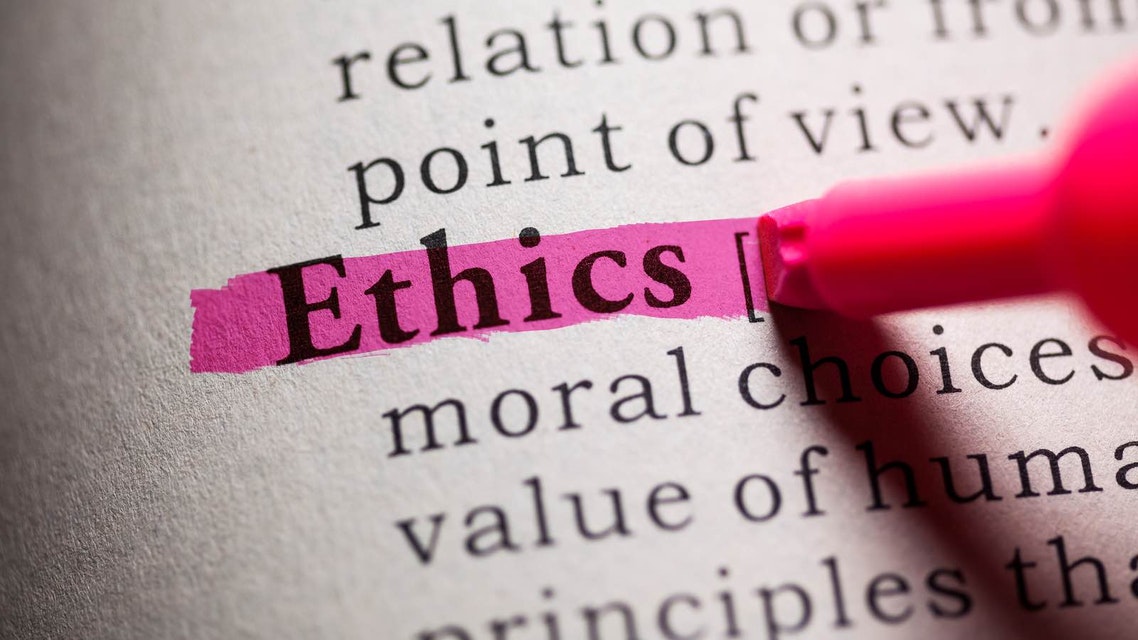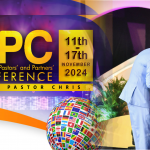
To better appreciate a concept or an idea, it sometimes helps to contrast it against its antithesis i.e. its direct opposite or something that it is not. Case in point, light is better appreciated when put side by side with darkness. Democratic governance that yields positive results for a majority of citizens is better appreciated when evaluated or judged against the backdrop of a military dictatorship that makes life difficult for the majority of the populace.
With this in mind, I will approach defining ethics by first highlighting what it is not. Then later, I will lunge into what it has been defined as in modern times.
According to an article featured in Issues in Ethics IIE V1 N1 (Fall 1987) by Manuel Velasquez, Claire Andre, Thomas Shanks, S.J., and Michael J. Meyer, a sociologist by the name Raymond Baumhart interviewed a sample of Business professionals trying to ascertain their understanding of what ethics is. He asked these members of the business community, ‘What does ethics mean to you?‘ The following are sample responses received:
-
Ethics has to do with what my feelings tell me is right or wrong
-
Ethics has to do with my religious beliefs
-
Being ethical is doing what the law requires
-
Ethics consists of the standards of behavior our society accepts
-
I don’t know what the word means
Interestingly, all the above answers are inconsistent with the true definition of ethics.
Ethics is definitely not based on how a person feels. Feelings are subject to change on a moment by moment basis depending on prevailing external situations. They can be erratic and sometimes manic. If ethics were to be feelings based, then an individual’s feelings at any particular time would determine his/her ethical stance on an given issues hence his/her ethical position would be illogical and arbitrary at best. This would mean that when a person feels broke i.e. in need of money, then their ethical stance at the point in time would make them amiable to taking a bribe to alleviate the financial burden. When this same individual has plenty and not pressed for cash, then their ethical stance would be not to take bribes. Ethics is not arbitrary so it cannot be feelings based.
The next group of responses said ethics had to do with their religious beliefs. Ethics is not confined to religious beliefs either. This is because non-religious people possess and practice ethics. The fact that they do not belong to a religious sect does not absolve them of ethical responsibilities. History has shown that a religious belief does not have a direct correlation with proper ethical behavior. This is evident when one considers the historical ethical shortfalls of the world religions such as the infamous burning of witches at the stake in Europe and the Crusades by the Roman Church, the military campaigns undertaken by Islamists to spread their message etc. In both instances, whole villages and societies were sacked and innocents murdered. If religion necessarily led to good ethical behavior then history would look much different than it does today.
Thirdly, being ethical is not doing what the law requires either. South African law at a point in time permitted Apartheid which entailed the suppression, oppression and unfair treatment of the natives or black Africans. It was legal but not ethical. In fact it was downright immoral. Likewise once upon a time, slavery was legal in the United States of America. Deos that mean that slavery was ethical. Emphatically NO! So an issue can be lawful yet unethical. As has been penned somewhere before, “any behavior considered Ethical should also be legal in a just and fair society. However legal behavior is not necessarily ethical behavior”.
Finally, ethics is not doing what society expects of a person. In some African societies and others throughout the world, it was a norm of society to engage in female genital mutilation. This was society’s expectation of a girl foing through puberty but this expectation did not make the practice ethical. It infringes on the human rights of women in society.
What then is ethics? That will be the subject of the next discussion.
Work Cited:
Velasquez, M., Andre, C., Shanks, T., & S, J. (1987). What is Ethics. Issues in Ethics IIE
, 1 (1).






